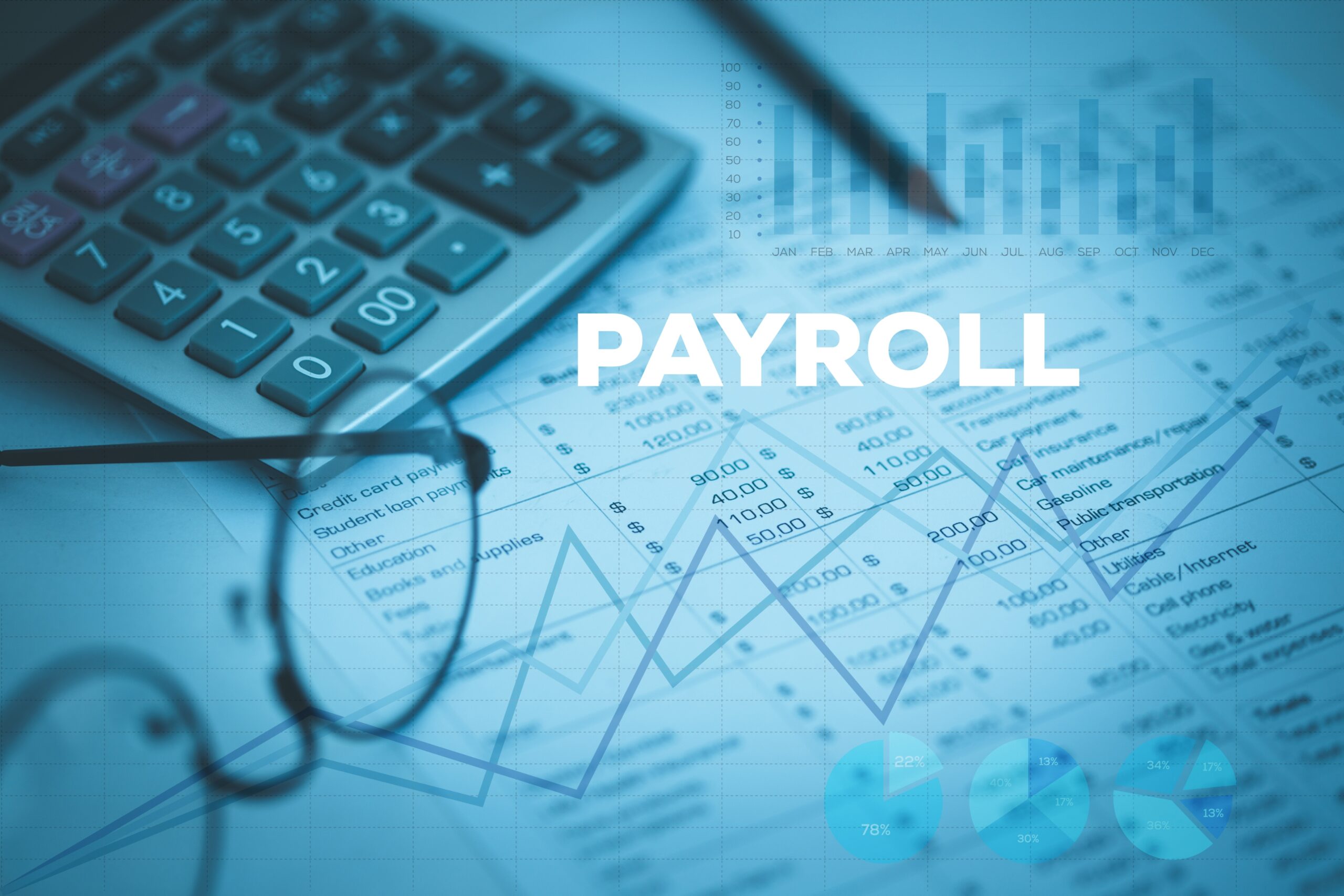Payroll rules and regulations are considered the sword of Damocles since any miscalculation may lead to serious legal ramifications. These sets of rules are enacted by the Fair Labor Standards Act (FLSA) and have served as a basis for the protection of employees’ rights. Before delving into the details of exceptional payroll scenarios, it should be noted that they are only applicable to nonexempt employees.
The exempt employees don’t fall under these special payroll cases since they get a fixed salary and no overtime. You must be aware of certain instances when you have to pay your nonexempt employees even if there is no productive activity. It is significant so as to steer clear through the legal repercussions.
When On A Business Trip
According to federal, state, and locally-framed laws, employers have to pay their nonexempt employees who are on a business trip irrespective of the duration and the days. If this business trip is in addition to the 40 hours per week workweek, then it will be considered overtime and the employee will get 1.5 times the designated hourly wage.
On the other hand, if the business traveling is within the regular working time, then it must be paid in line with the regular hourly rates. Nevertheless, in both cases, the employers are duty-bound to pay the nonexempt employees for the time they spend traveling for the organization be it a conference in any other state or a meeting.
Furthermore, if any work is required by the employer during the commute, then the time is calculated from the starting point (e.g., home) to the endpoint (travel destination). In all cases, the employees will get the pay for the time they spend traveling for work even if it’s a single-day journey.
When Meal Periods Don’t Fit The Rules
Considering the directives stated by federal laws, a meal period is:
- A minimum and uninterrupted timescale of 30 minutes.
- In which an employee is completely relieved of their designated duties/responsibilities.
If the meal periods do not meet these two conditions, then the employers must pay the employees for this period. In some industries, employers ask their employees to have meals on their workstations to tend to any emergent client or task. Thereby, the employees are not relieved of their duties as stipulated in federal law. Henceforth, the employers will have to pay for this time.
Exceptional Payroll Scenarios – When Rest Breaks Are Less Than 20 Minutes
Rest breaks are also a factor that may alter the payroll of nonexempt employees. Ideally, the rest breaks should be of uninterrupted 20 minutes. Any time below this minimal threshold will be compensated to the employee. Therefore, whenever an employer is providing less than 20 minutes of rest breaks, they will have to pay the employees accordingly.
Also, make sure that the employees don’t clock out of the rest breaks before the stipulated time. If they do so, the rest of the time will be considered as a working period.
When Kitting Up/Putting Off The Safety Equipment
Safety equipment is a go-to for many jobs and requires proper kitting up to avert safety hazards. There are two cases involved with the inclusion of time taken putting up and taking off the safety equipment in the nonexempt employee’s payroll.
If the employee is gearing up with the safety equipment within the employer’s premises, that time will be counted for the payroll and the employer will have to pay for it. Contrarily, the time will be unpaid if the employee kits up at his/her home. So, the location of putting up/taking off the safety equipment will decide if it’s paid time or unpaid time.
When Undergoing Onsite Training
The training period of nonexempt employees may or may not be paid subject to the conditions elaborated in federal law. The training period is unpaid if the following conditions are met:
- The training period is not in the regular working hours.
- The attendance of employees is not mandatory.
- There is no productive work involved.
- The training is not related to the employee’s work.
If any of these conditions are not met, the employer will have to pay the employee for the training time. Otherwise, the training period will be regarded as unpaid.
Exceptional Payroll Scenarios: When Drug Testing Employees
Drug testing or special tests of nonexempt employees may be conducted within an organization to meet healthy working standards. Employers have to pay for the time of the drug tests irrespective if they are conducted during regular working hours.
Another point to remember is that this paid time for the drug tests is not meant for the pre-employment tests. That will only cover the post-employment scenarios.
When In Waiting Time
The employers are also required to pay the nonexempt employees when they are in the waiting time. If the employees are directed to report to work and they have to wait, then this waiting period will be counted for the payroll no matter if they spend the whole time waiting.
Conversely, the waiting time is unpaid when the employees report to work without being called for.
Exceptional Payroll Scenarios: The Crux
Without any iota of doubt, it is important to be well-versed with the rules and regulations of nonexempt employees’ payroll. Employers are also required to be wary of the exceptional payroll scenarios. If the employers fail to follow the due course, they may find themselves in legal problems. Therefore, employers must pay nonexempt wages per the federal, state, and local laws.


